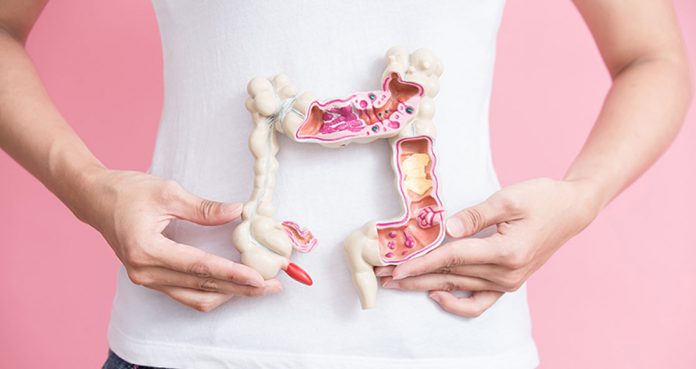On Thursday, the FDA announced that a patient died after the fecal transplant procedure, highlighting the potential risk of severe infections associated with such transplants.
Fecal microbiota transplant (FMT) is a transferring of fecal matter from a healthy person into a sick person with a compromised microbiome. It is an experimental therapy used for a variety of ills.
The director of the Center for Biologics Evaluation and Research at the U.S. Food and Drug Administration Dr. Peter Marks said, “While we support this area of scientific discovery, it’s important to note that fecal microbiota for transplantation does not come without risk.”
After health officials reported a serious, antibiotic-resistant infection associated with fecal transplant, they want “to alert all health care professionals who administer FMT about this potential serious risk so they can inform their patients,” said Dr. Marks.
FMT is a still-experimental procedure, which is not yet approved by the FDA. The therapy has been primarily used to treat severe infections of antibiotic-resistant forms of the Clostridium difficile.
The procedure includes taking stool from a healthy donor and transferring it into the ill patient’s colon. The goal is to replace the unhealthy bacteria present in the human gut with a strong, disease-fighting microbiome from the donor. Eventually, the new microbiome increases the patient’s healthier bacteria in the gut, which effectively force out dangerous C. difficile.
Scientists have also been looking to use FMT to treat chronic GI issues such as irritable bowel syndrome or ulcerative colitis.
However, every treatment comes with risks. The FDA said that two patients who received FMT as part of a clinical study developed serious, life-threatening infections from multidrug-resistant bacteria delivered through the transplants. And one patient died.
It was found that both patients had weakened immune systems, which made them vulnerable to bacteria that are resistant to antibiotics. Therefore, the FDA has now mandated the special screening and testing of the stool used in FMT to ensure that no antibiotic-resistant bacteria are in the donated material.
Also, doctors must have adequate informed consent from the patient, said the FDA. At the same time, patients should be warned of potential risks associated with this experimental therapy.
However, Dr. Marks stressed that the agency still supports research into FMT.
He said, “The medical community is actively engaged in exploring the potential uses of fecal microbiota for transplantation. Although the therapy isn’t approved by the FDA, the agency supports the use of this treatment and is looking to strike a balance between assuring patient safety and facilitating access to unapproved treatments for unmet medical needs.” Dr. Marks added, “We will continue to aggressively monitor clinical trials to ensure patients are protected when safety concerns arise.”























